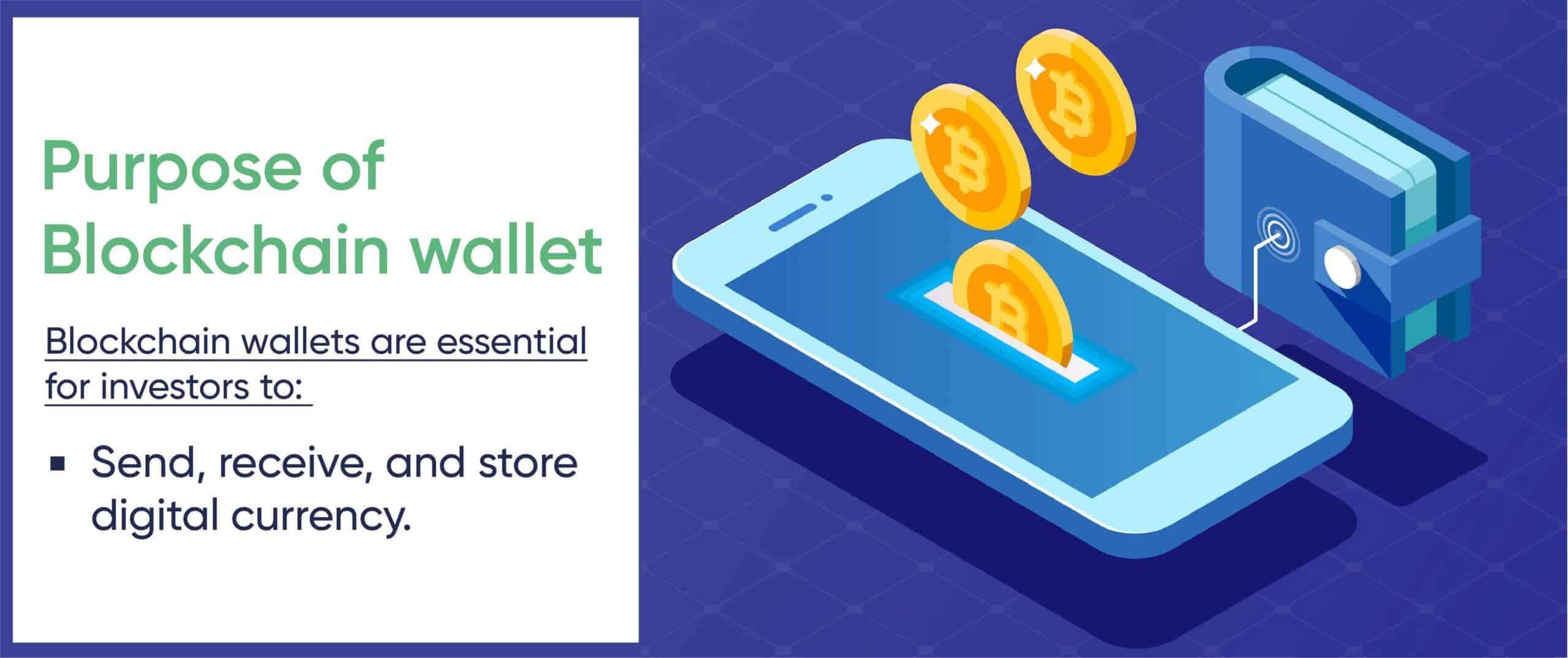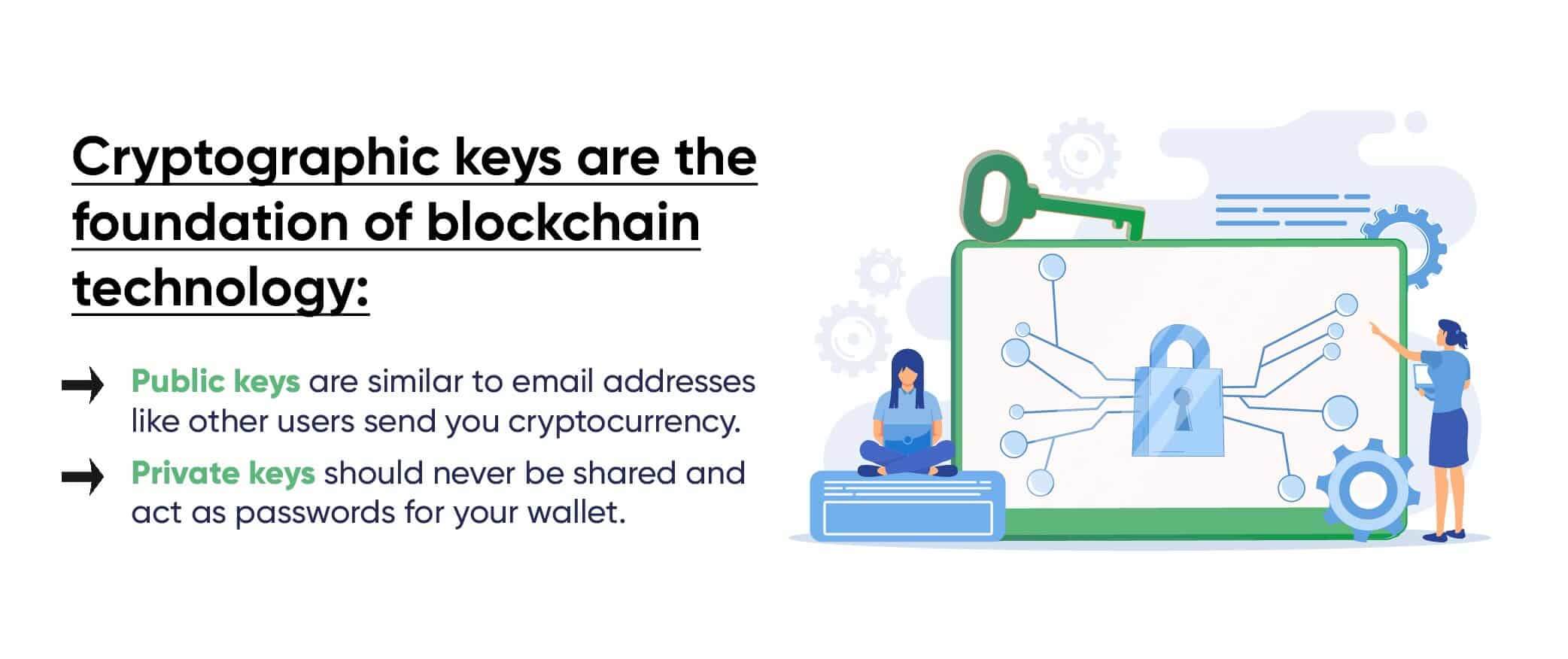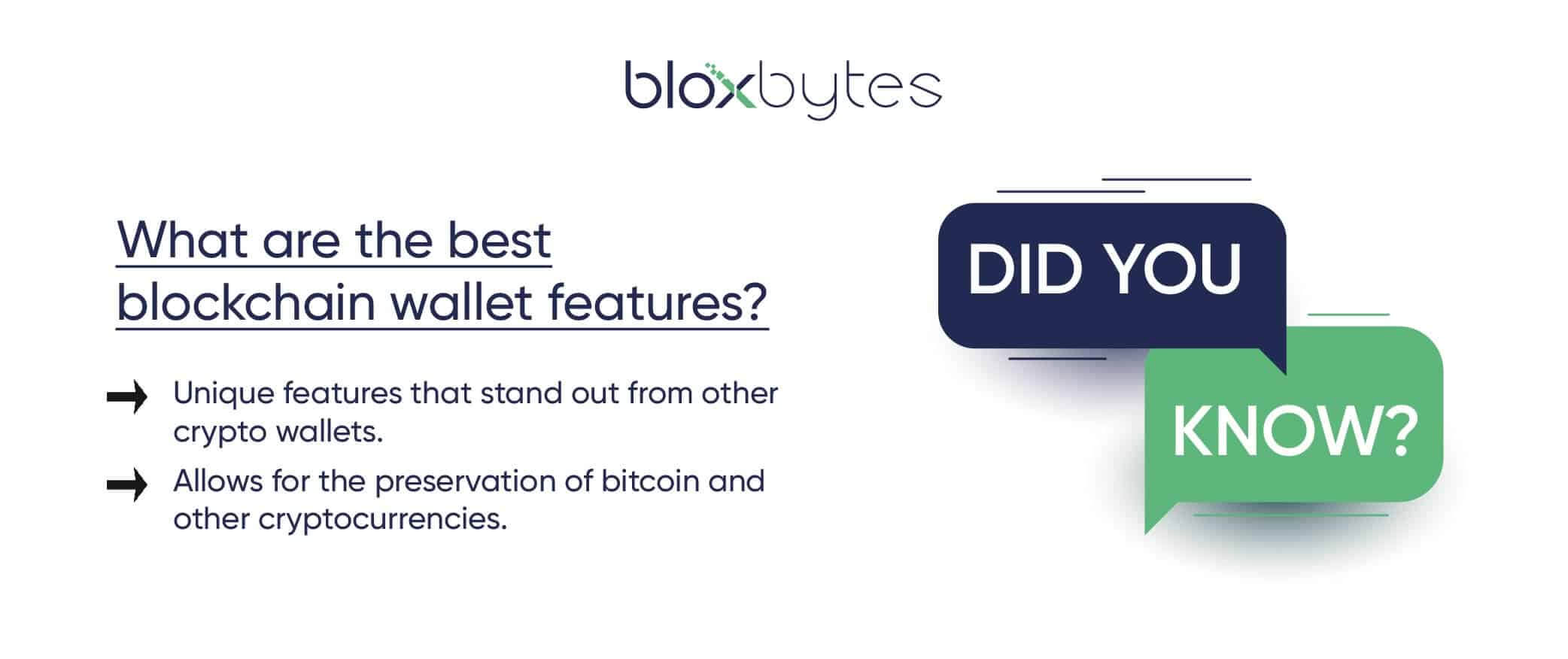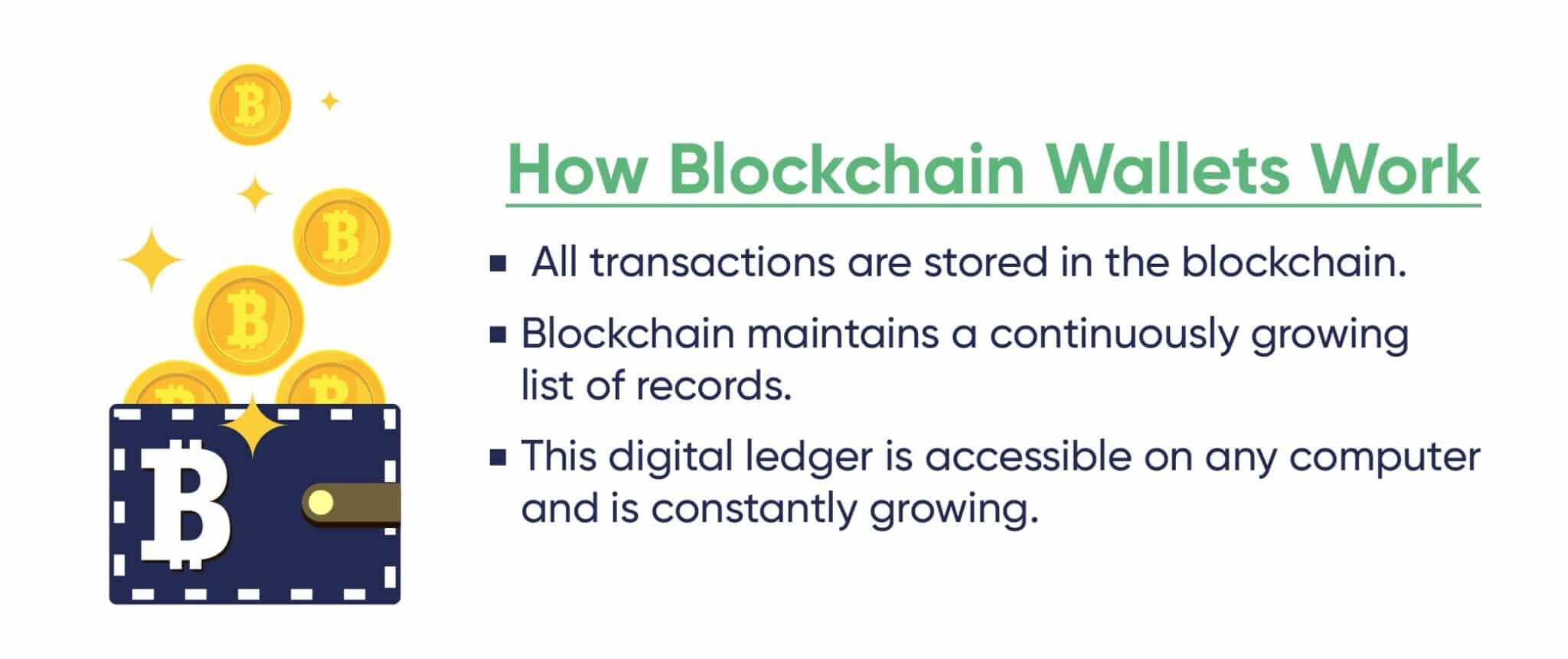
Introduction
Web3 & Blockchain Consultancy :
All-in-One Guide To Blockchain Wallet Development!
Cryptocurrencies are continually changing. Developing unique digital currencies and seeing new storage choices is a day-to-day affair. If you are sinking your toe into the world of crypto-finance, then it won’t take long for blockchain technology to come up. Cryptocurrency conservation and security are the most exciting aspects of blockchain crypto wallet development. This guide is an informative resource for beginners interested in learning about the different wallets and features available.
What is a blockchain wallet?
A blockchain wallet is a software or application. This wallet lets crypto users store and conduct transactions by interacting with the native blockchain. Every transaction on this type of network gets logged into an immutable ledger. The immutable ledger is the first use case for blockchain technology. Hyper-ledger wallets are known for their high levels of encryption and security, making them superior to traditional forms of cryptocurrency storage.I have broken down Blockchain wallet development into several stages:
- Every cryptocurrency has its native blockchain to record transactions.
- Blockchains store transactions in blocks.
- The miner nodes community verifies and approves every transaction before adding it to the blockchain ledger.
- There is a hash for every block in the chain.
- A chain of blocks is called a blockchain, where each block links to another through its hash pointer value.
- The crypto community can see the blockchain’s transactions, and its users can’t alter them.
- When a crypto transaction occurs, the blockchain encryption process matches an address on a wallet with a particular amount of cryptocurrency.
- A cryptographic signature is legally attached to specify ownership over this balance and transferred from one party’s account to another.
- Once complete, the new balances appear in both wallets.
- You can choose various options for developing a wallet to store your crypto coins.

Types of Blockchain Wallet Development
Let’s look at the types of blockchain wallets available so you can decide which one is best suited for storing your cryptocurrency assets. Blockchain is making its way into every industry, and the world is adapting. With the new technology comes a lot of opportunities. One such option is to transform your business with the help of blockchain wallet development. There are different types of blockchain wallets available in the market:1. Bitcoin wallet
A Bitcoin wallet allows you to store only bitcoins in your account and use them for making payments or receiving payments from others. It does not let you store other cryptocurrencies like Ethereum on your account or trade them for Bitcoin or fiat money like USD.
2. Multi-Cryptocurrency wallet
A multi-cryptocurrency wallet allows you to store multiple cryptocurrencies on your account, trade them for each other, and fiat currencies like USD.
Some options for blockchain wallets!
1. Software wallets
Apps for blockchain wallets are available on mobile phones or online trading platforms that are internet-enabled. These wallets are secure. Crypto traders may store small sums of their assets in these wallets to perform quick transactions. These wallets also offer recovery backup on customized cryptocurrency wallet development services.
2. Hardware wallets
Hardware wallets are physical devices. They create and store your keys offline. Most of these wallets don’t require you to join them with your computer, allowing you to store currency offline. Robust encryption technology and many security features are available in hardware wallets. As a result, cybercriminals are unable to exploit hardware wallets.
3. Paper wallets
A paper wallet is an offline storage for cryptocurrencies. It consists of a piece of paper that contains an address, public and private keys, and QR codes. Users can store their digital assets in this wallet by printing out all the information.
-
- By now, you’ve probably explored the various kinds of blockchain wallets. But let me go over some features that make blockchain wallets useful to perform elegant transactions on the network!
Wallets must have a variety of features to be successful
1. 2FA
A security feature that requires more than one factor to verify your identity.
2. Multisig wallets
Multi-sig wallets require two or three people to approve each transaction before it’s processed. It is common for businesses to use multi-sig wallets for business purposes or large transactions where parties want extra security.
3. Transaction history
This feature allows you to track all the transactions that have taken place in your wallet. You can easily see exactly where and when your money is going.
4. Backup and recovery
Another essential feature that allows you to save a copy of your wallet in case something happens to it.
5. Send and receive crypto
This is the essential feature of a cryptocurrency wallet. Traders can use it to send and receive cryptocurrencies from other users.
6. UI
A wallet should have an exquisite user interface that is easy to use. It also supports multiple languages and currencies.
7. Push notifications
The app with this feature supports push notifications, which means you will get a message on your smartphone whenever there’s an activity in your wallet.
8. Security
An app with this feature has safety as one of its main priorities.
9. Prevention of duplicate transactions
An app with this feature prevents the user from making the same transaction, which ensures that no one will be able to steal your money.
10. Real-time price monitoring
This feature allows the user to monitor the price of tokens, coins, and other altcoins in real-time. It also provides a graph that shows how these prices have changed over time.

Best blockchain wallets
Honestly! You cannot pick one and expect it to support all your dealings with cryptocurrency. Each user has their own needs! But if you need a secure and easy-to-use wallet that supports multiple cryptocurrencies, then Exodus is the best option. It offers a simple interface, excellent security features, and cold storage support. But if you want a more secure option that also provides rigid storage support, then Exodus is not the best choice. Instead, try using a desktop wallet like Electrum if you want to store other crypto, such as Bitcoin and ERC20 tokens. Trust wallet is a mobile Ethereum wallet that supports BIP32, BIP39, and BIP44 encryption standards. In addition, the Trust Wallet features a built-in exchange where users can trade their coins for other supported currencies. For example, if a user wants to create a token using Enjin Coin technology, the trust wallet can store it on the Ethereum network. Note: To build a blockchain wallet, developers must opt for these functionalities. So let’s conclude this blog by listing some of the benefits of developing such wallets.Benefits of blockchain wallet development
- Instant cross-border transactions
- P2P transaction
- Reduced transaction charges
- Enhanced security
- Encrypted transactions
- Devoid of central parties
